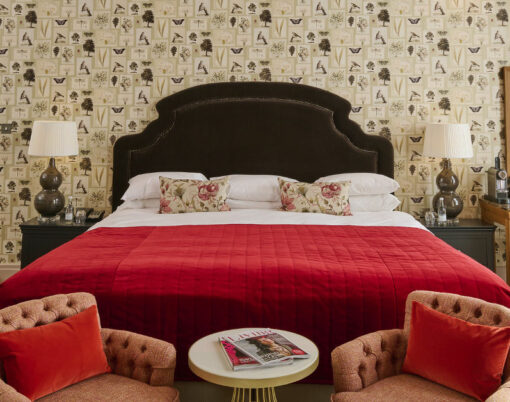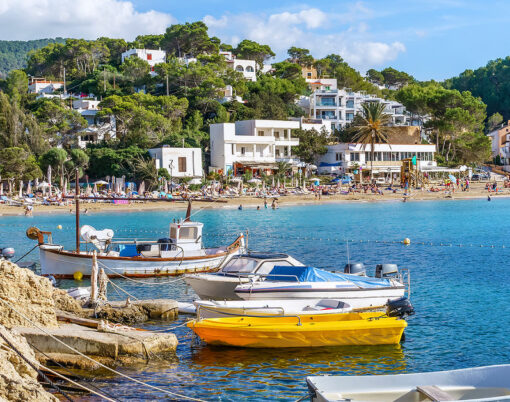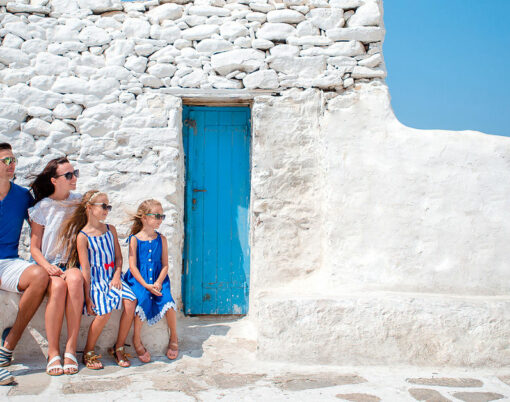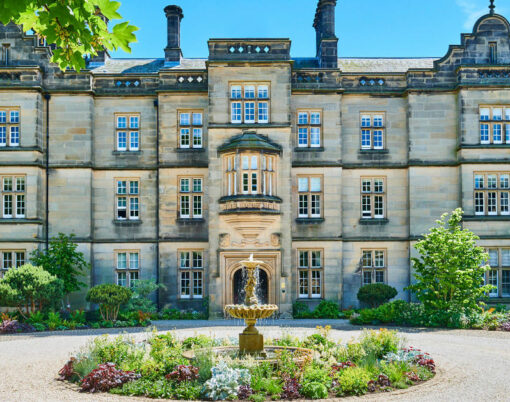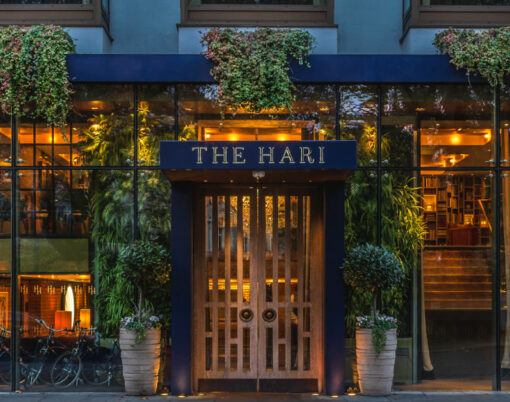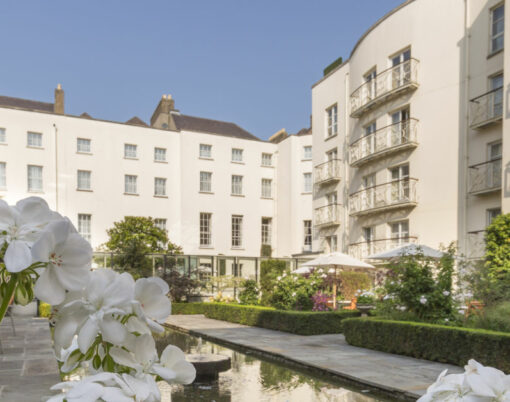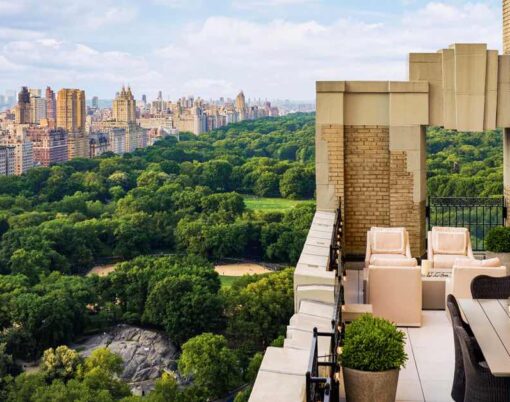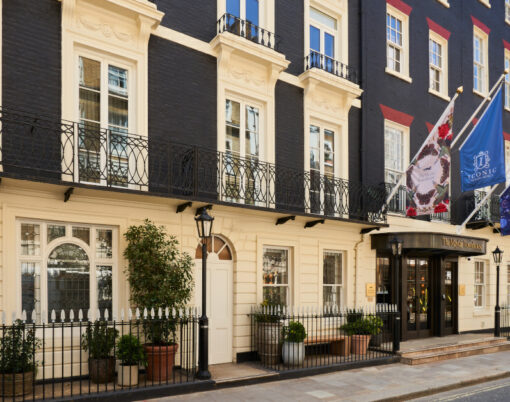Words by By Ewald Damen, creative director at Virgile + Partners, a company specialising in retail and hotel design.
A luxury hotel has always been more than just a space to sleep for leisure or business travel, and now there is a shift taking place, away from the traditional hotel formula to a more boutique approach in design and its attitude towards service. One that puts the hotel in a different light within the local communities as they are no longer focused only on international guests, but supporting and engaging with local residents and suppliers. This is accompanied by a shift in guest mentality, moving away from the known hotel formula and its universal global approach to a more character-driven local direction.
Luxury hotels used to be more than just a place to stay the night. Think of iconic historical hotels like Hôtel Le Provençal on the Côte d’Azur or the Ritz in Paris where celebrities like Marylin Monroe, Coco Chanel and Winston Churchill would spend their time. Hotels that were fully dedicated to service their wealthy clientele in a luxurious and glamorous setting fit for royalty. “All the refinement that a prince could desire in his own home” was César Ritz’s vision for his guests.
The luxury hotels’ immaculate service and provision of exquisite food and drinks benefited the local supply chain and helped build and grow the communities surrounding these icons. Changes in the past century have seen demand for travel spike, and luxury hotel stays are no longer just for the few. So how has the role of luxury hotels in communities evolved?
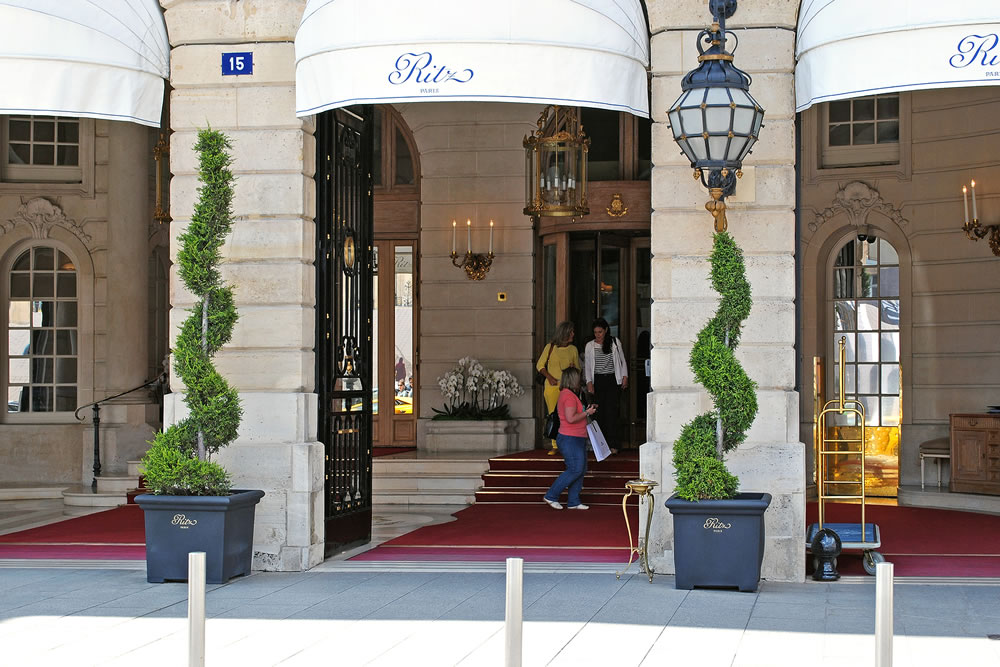
The precursor to the modern hotel was the European inn in medieval times, which started catering to richer clients in the mid-18th century – with a resulting increase in grandeur and service level for guests. Over time, more accessible luxury hotel chains developed which saw more hotel brands capitalising on this growth, creating an international ‘formula’ for the luxury home away from home.
Hotels formed communities of their own, becoming places to hide away – plush luxury sanctuaries and safe spaces for guests to relax in after a busy day’s work. But these hotels were often a closed community for guests, built on an international model replicated across countries that involved little engagement or interaction with the local population. Global expansion and standardisation also meant hotel supply chains started relying much less on the local community and as a result gave much less in return. Even the local cultural connection was often through a Western lens and derived from cliché interpretations, wherever in the world.
The benefit of boutique
The rise of the boutique hotel as a reaction to the known hotel formula highlights a change in attitude among guests. Boutique hotels take a much more distinctive approach, breaking the mould of the large chains’ cookie cutter model. This approach means higher engagement with guests and in many cases with the local community.
The ambiance is often more personal and outspoken, more accurately reflecting its cultural surroundings and its neighbourhood background. From offering a more local flavour – in terms of food, drinks, design, service, staff – boutique hotels tend to integrate more collaboration with the local community, working with local suppliers and service providers, for the benefit of both parties.
Many boutique hotels have a more easy-going, open-door attitude for local residents to mingle and socialise with the hotel guests, which can enhance the visitor experience and foster a sense of inclusion and a feeling of being at home in a foreign location.

The Internet and, more recently, social media have further opened possibilities for the hospitality sector. With just one click travellers can access hotel information, offering greater selectivity and choice of accommodation.
In addition, the Internet and ease of information access has triggered a greater ethical and collective awareness, making it even more important for hotel brands to be socially and sustainably conscious in terms of their supply chains.
The popularity of the boutique hotel has, ironically, seen them develop into chains of their own in more recent years. Although not originally a boutique hotel but a budget-friendly alternative, the Ace Hotel is an example of one that over the years has become a welcome alternative and a solid contender to its five-star competition. Its strong identity comes from the hotel’s social ambiance and deep connections with its community of like-minded visitors and locals, giving guests a sense of belonging.
The Ace guest might be a selective customer and the community focus might not be as genuine as it seems, but its success – and other similar concepts on the market – show there is a desire for the international introvert hotel blueprint to be transformed.
A change of formula
The established luxury hotel formula needs to adapt and learn from the more independent boutique approach by understanding the shift in the future guest and their way of thinking. Changing travel patterns and a new generation of younger affluent travellers, curious for adventure and exploration, will generate a change in expectations and experience. The neutral décor restaurant offering a standard continental breakfast buffet will need to make way for a more aesthetically pleasing and Instagrammable environment with health conscious and locally sourced sustainable food and coffee options, preferably crafted by the best barista in town.
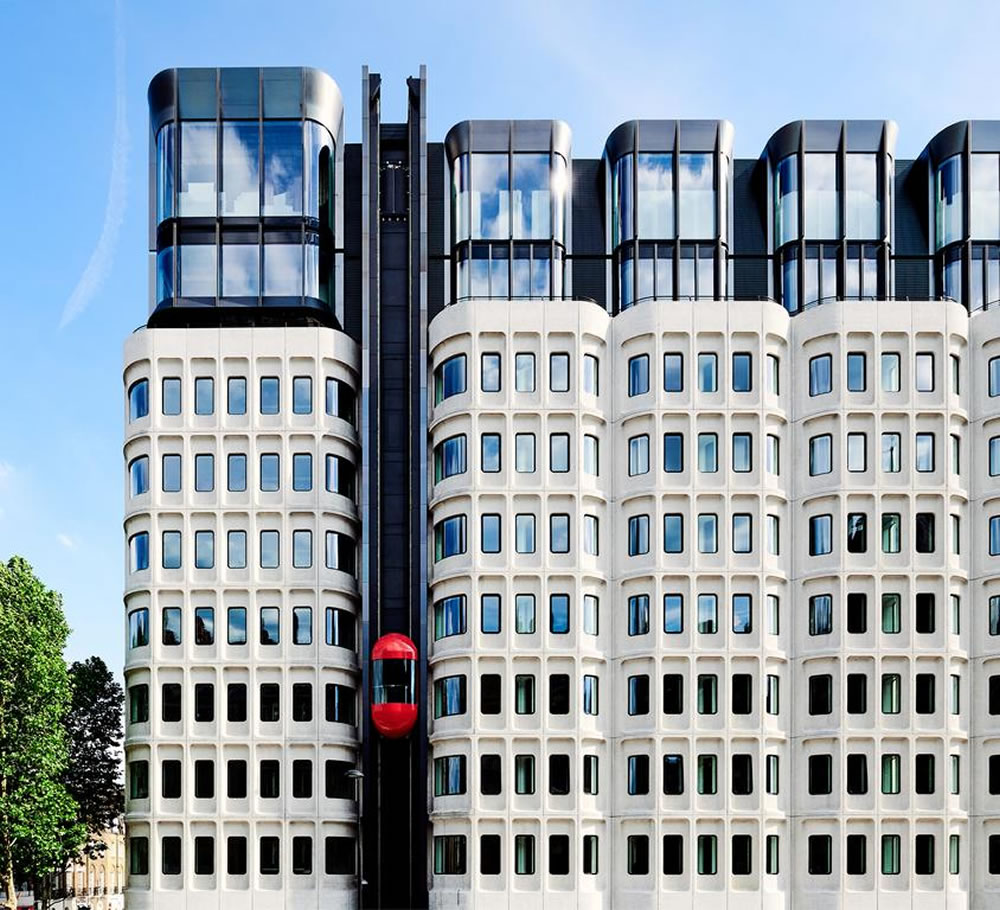
Luxury is no longer just found in traditional settings. Although the luxury hotel as we know it will still have its place in the hospitality sector, room rates at the Marriot Town Hall in London – at this time of writing – start at a lower rate than a room in the Standard Hotel in Kings Cross. There is clearly a growing audience searching for a different type of luxury, that is arguably more community orientated and socially conscious.
This new demand is already noticeable among the bigger brands thinking about, and being more responsible towards, communities and the environment – and this will hopefully inspire further change.
International collaboration
For example, in New Delhi an emphasis on the ‘new India’ and younger local culture, involving the wider community through craftsmanship and contemporary artists, was the starting point for our clients the Hyatt group and Juniper Hotels whilst working together on the Andaz hotel.
Its 401 rooms inspired a book which linked each room to one of the ‘401 reasons to visit Delhi’– encouraging guests to learn more about the city and its historical background and feel more connected with the city. The traditional format of all-day dining was transformed to a food market concept called Annamaya which sources local organic produce and offers health conscious quality dishes served in a contemporary Indian setting. This not only changes the typical hotel formula and its five-star design language, but encourages a more social, gastronomical and cultural experience.
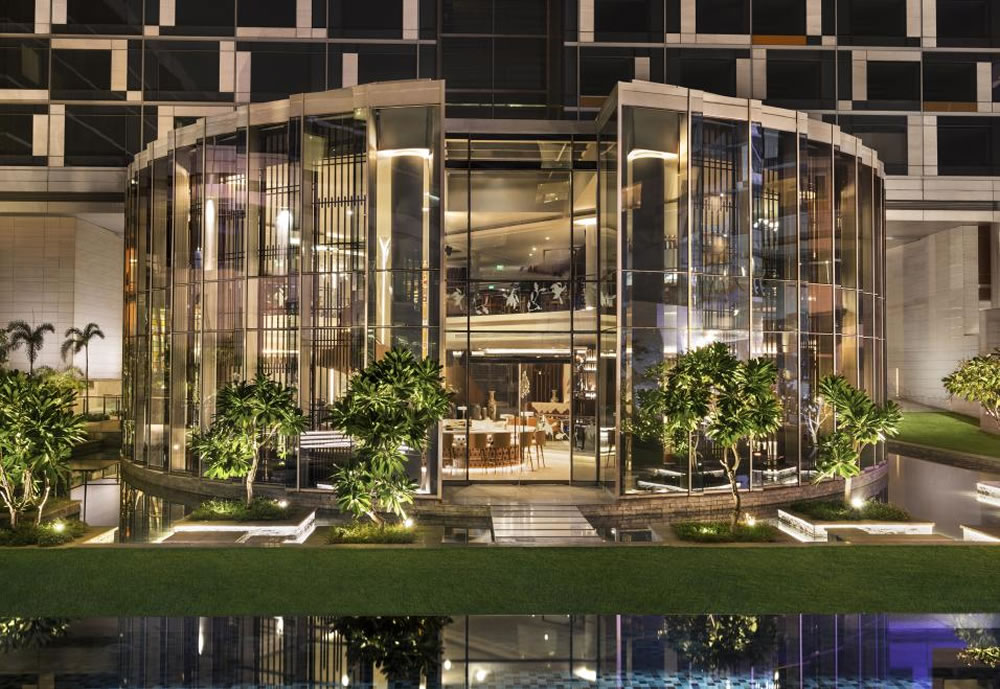
Like Annamaya, the focus of the Andaz signature restaurant was conceived with the local cultural crowd in mind, building on Delhi’s love for Chinese food culture and fashionable cocktails. More than just a Chinese restaurant, the Hong Kong Club is a place for gathering and spending time, designed as a dynamic changing environment, making it a desirable destination for both the local community and hotel guests.
A large group of loyal travellers will still opt for the globally recognisable hotel brand portfolios – but the shift in mentality, stronger brand presence for the smaller competitors through new media channels will eventually see the traditional luxury hotel formula reinvented as guests search for different luxury.
And it’s not just the smaller boutiques which are changing things. The most exclusive eco resorts in the world are getting in on the act such as the Brando in French Polynesia setting a pioneering example of a luxury setting which is fully committed to its community and the environment. It attracts a similar array of modern-day celebrities as the Provençal and the Ritz did in their prime and shows an even stronger need for the luxury middle segment to reflect a new way of thinking, more in tune with the ever changing global landscape and its increasingly demanding next generation of discerning globetrotters.













